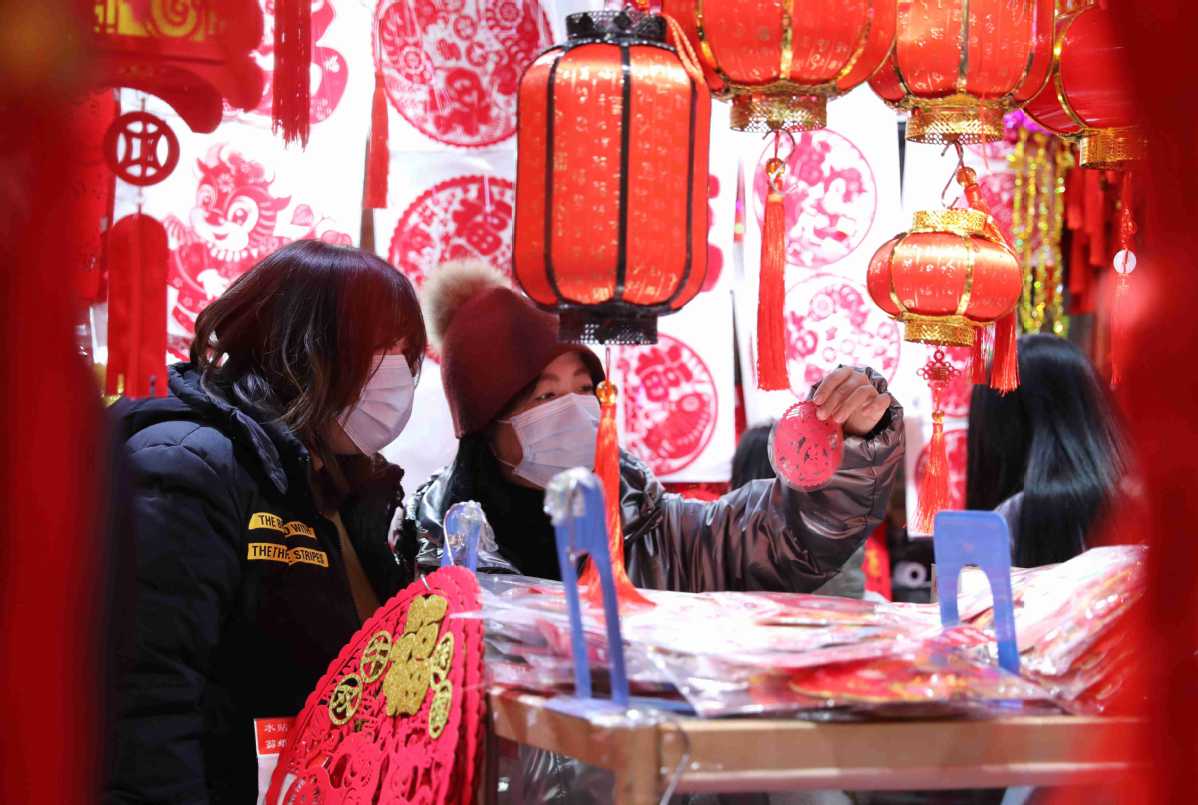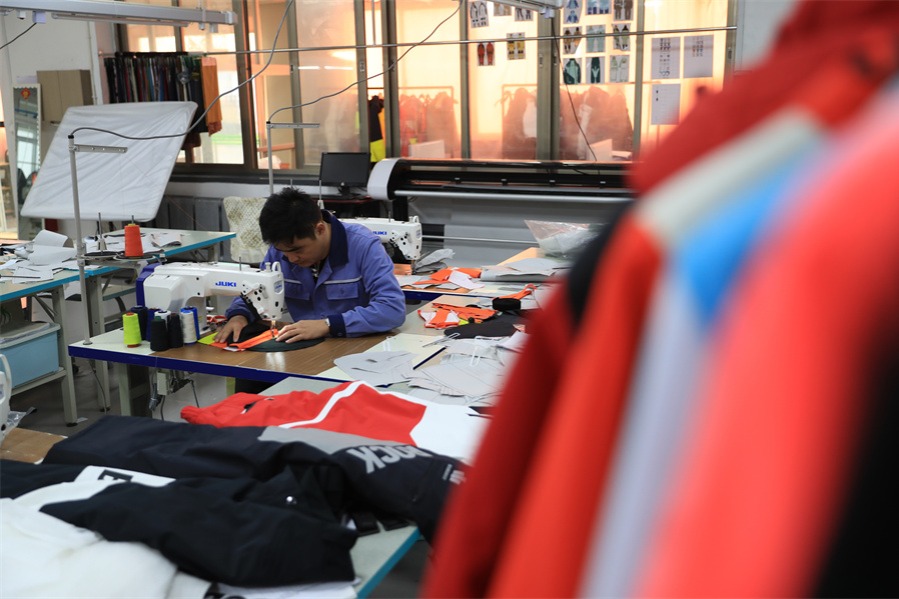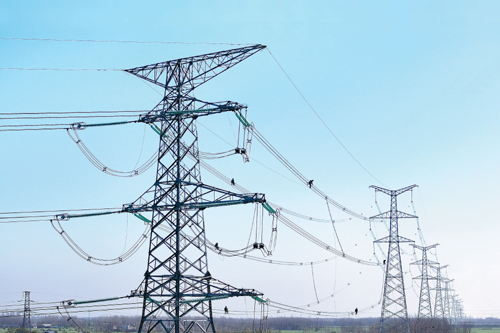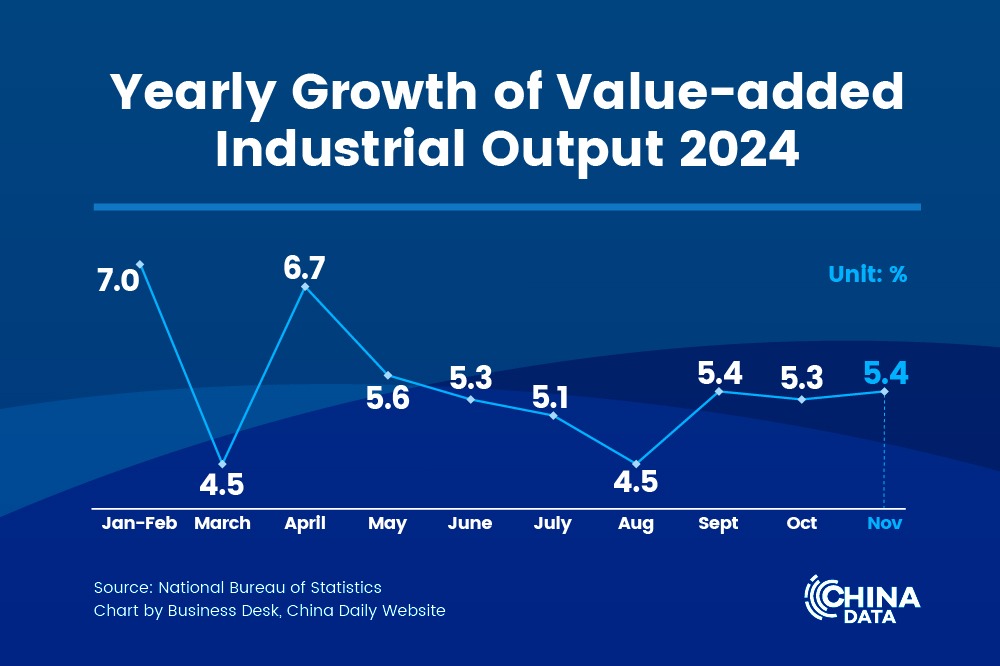Economic recovery firmly underway


China's economy remains on a solid track to recovery as price levels picked up while corporate borrowing increased last month, experts said on Wednesday.
But the recovery in consumption and the services sector remained subdued in January, underlining the necessity of more structural policy support and making any sharp tightening in monetary policy unlikely, they said.
Backed by recovering domestic demand and rising commodity prices globally, the growth in China's producer price index, which gauges factory-gate inflation, turned positive for the first time in 12 months, coming in at 0.3 percent year-on-year last month, the National Bureau of Statistics said on Wednesday.
The strong financing demand from corporations and households also indicated a sustained economic recovery. China's new yuan-denominated loans totaled 3.58 trillion yuan ($555.4 billion) in January, up 225.2 billion yuan year-on-year, the People's Bank of China, the central bank, said on Tuesday. Experts said it was the largest-ever new yuan loan amount for January.
"The latest data show that recent local COVID-19 cases have not impeded the overall recovery of China's economy, and economic growth may speed up substantially in the coming months," said Tang Jianwei, chief researcher at the Bank of Communications' financial research center.
As the economy continues to recover and buoy production activity, the growth in the producer price index is expected to further accelerate, Tang said.
The prospect of steady recovery has helped lift investor confidence, experts said. Foreign direct investment into the Chinese mainland, excluding the financial sector, expanded by 4.6 percent year-on-year in actual use to 91.61 billion yuan in January, the Ministry of Commerce said on Wednesday.
Chinese onshore equities leaped on Wednesday, with the benchmark Shanghai Composite Index rising 1.43 percent to close at 3655.09 points, the highest level in five years, according to market tracker Wind Info.
Yet experts said China's economic recovery remained unbalanced as consumption and the services sector lagged, partly attributable to the local COVID-19 cases and slower household income growth due to the virus.
The consumer price index, a gauge of consumer inflation, declined 0.3 percent year-on-year in January, compared with a 0.2 percent increase in December, the NBS said.
Wu Chaoming, chief economist at Chasing Securities, attributed the decline in consumer prices mainly to a high comparison base last year and the local COVID-19 cases that slowed the recovery in offline services like transportation and entertainment.
A negative core CPI reading has implied that consumption demand remained weak as personal income growth slackened, Wu said, adding that the CPI growth is expected to remain low in the short term before recovering to about 1.5 percent for the whole year.
The core CPI, which better reflects true demand by excluding volatile food and energy prices, dropped 0.3 percent year-on-year last month, versus a rise of 0.4 percent in December, the NBS said.
The low CPI figures have provided further evidence that there is no need to be too concerned about the potential for a sudden or sharp tightening of monetary policy, said Lu Ting, Nomura's chief China economist.
"We expect no sharp shift in policy, especially before COVID-19 is eradicated," Lu said.
Given that consumption recovery remained sluggish while the uncertainty of export growth may increase this year, policies to boost consumption will be essential for China to sustain a steady recovery, said En Xuehai, China International Fund Management's group chief investment officer of asset allocation and retirement fund investment.
Xinhua contributed to the story.




































